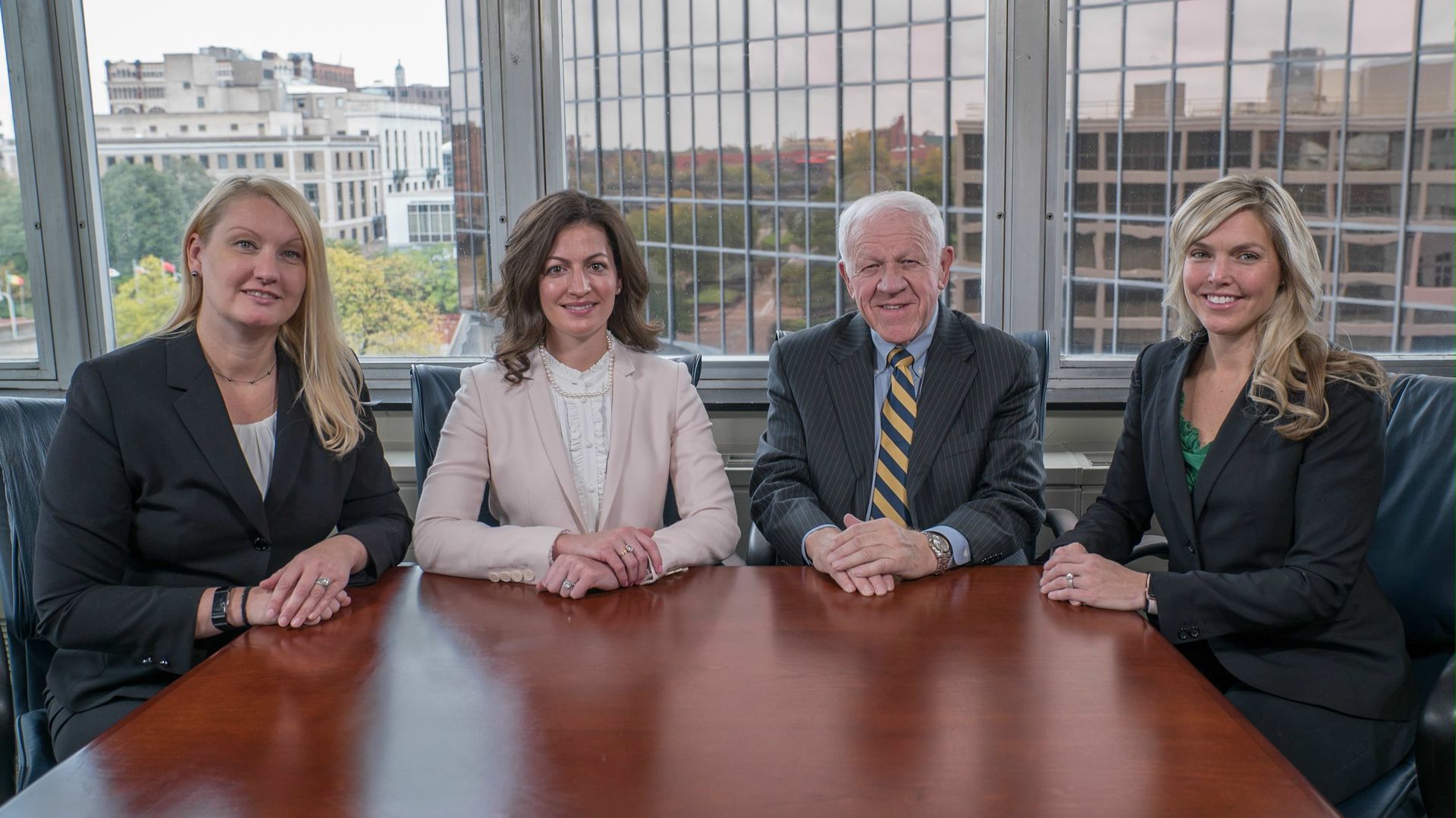Life is unpredictable, and if you find yourself facing an injury, gathering evidence is absolutely essential. Surprisingly, many people overlook the fact that the strength of your personal injury case greatly depends on the details you capture right after an incident occurs. It’s not simply about knowing the facts; it’s about having concrete proof to back your claims.
After my own experience with a minor car accident a few years ago, I quickly appreciated the value of thorough documentation. Amidst the chaos that ensued, I took it upon myself to snap photos of the damage on both vehicles as well as the intersection where the accident took place. What seemed like a trivial detail at the moment turned out to be vital in supporting my case. Uncover more information on the subject by visiting this thoughtfully curated external source. California, immerse yourself further in the topic and improve your educational journey.
This evidence creates not only a timeline but also a visual narrative of your experience. If you ever find yourself in a similar situation, remember that meticulous documentation can immensely bolster your case.
Witnesses: The Voice of Reason
Securing reliable witnesses can truly change the game. These individuals provide an outside perspective and can confirm your account of events. I still remember vividly when my best friend witnessed a slip and fall incident at a local store. Her testimony was invaluable and offered immediate support when I decided to pursue compensation for medical expenses.
To effectively gather witness information, consider these strategies:
A witness who is willing to stand by you can significantly strengthen your case, especially in instances where details may be disputed. Their objective observations help clarify what truly happened, further validating your claims.
Medical Records: Your Health Matters
As you navigate the complexities of your personal injury case, the significance of medical documentation cannot be overstated. Your health and well-being are of utmost importance, and accurate medical records not only contribute to your recovery but also serve as vital evidence in establishing the extent of your injuries.
After my accident, I made it a point to meticulously track every doctor’s appointment, physical therapy session, and any tests performed. Here’s what you should focus on:
This medical documentation provides undeniable proof of how the accident has affected your life. Open communication with your medical team will not only ensure your well-being but also guarantee all necessary paperwork for your case is in order.

Keep a Personal Journal
Similar to how my early days of blogging shaped my storytelling abilities, maintaining a personal journal can significantly enhance your personal injury case. Documenting your daily experiences serves not only as an outlet for your frustrations but also creates a detailed account of how your injury impacts your life. These reflections can help remind you of specific nuances that might slip your mind during the busy recovery process.
Here are some tips for keeping an effective journal:
Your journal is more than just click for source a collection of thoughts; it forms a compelling narrative that illustrates the full impact of your injury beyond mere medical bills. It adds a human aspect that can resonate profoundly in legal discussions.
Organizing Your Evidence
Once you’ve amassed all this crucial information, organizing it becomes key to fortifying your case. It might sound trivial, but a neatly organized binder can often make a significant difference in your discussions! I learned this valuable lesson from a mentor in law who emphasized that ready access to evidence could facilitate the often-stressful legal process.
Consider these tips for keeping everything in order: Supplement your reading by visiting the recommended external resource. Inside, you’ll discover supplementary and worthwhile insights to broaden your understanding of the subject. lyft accident, check it out!
By having your evidence organized, you not only reduce your own stress during legal proceedings but also demonstrate to your attorney and other involved parties that you are serious and well-prepared for what lies ahead.
